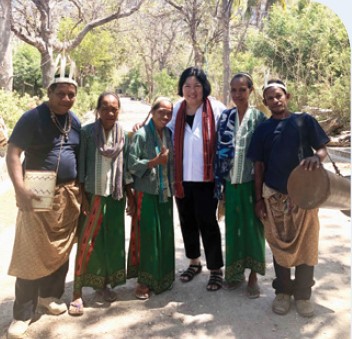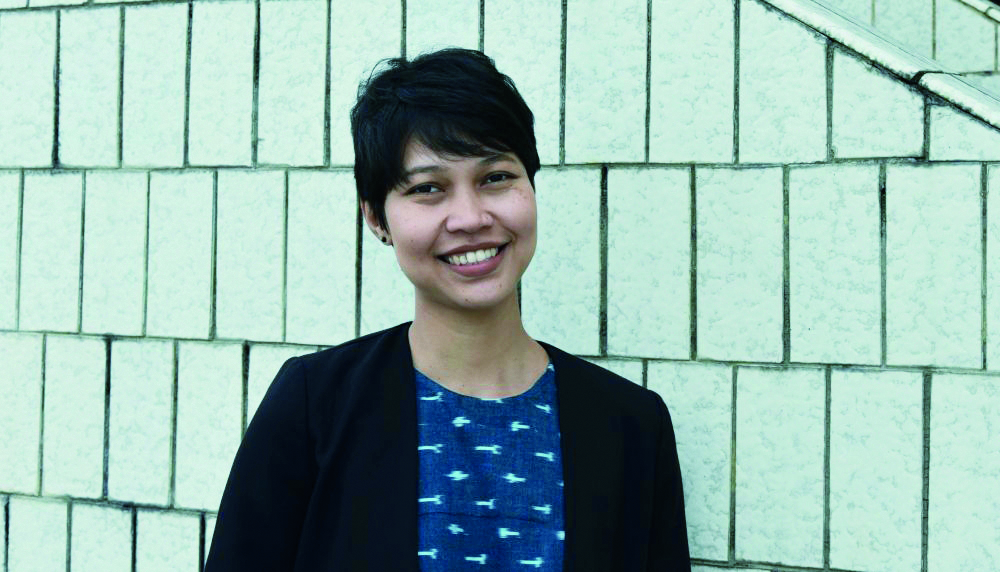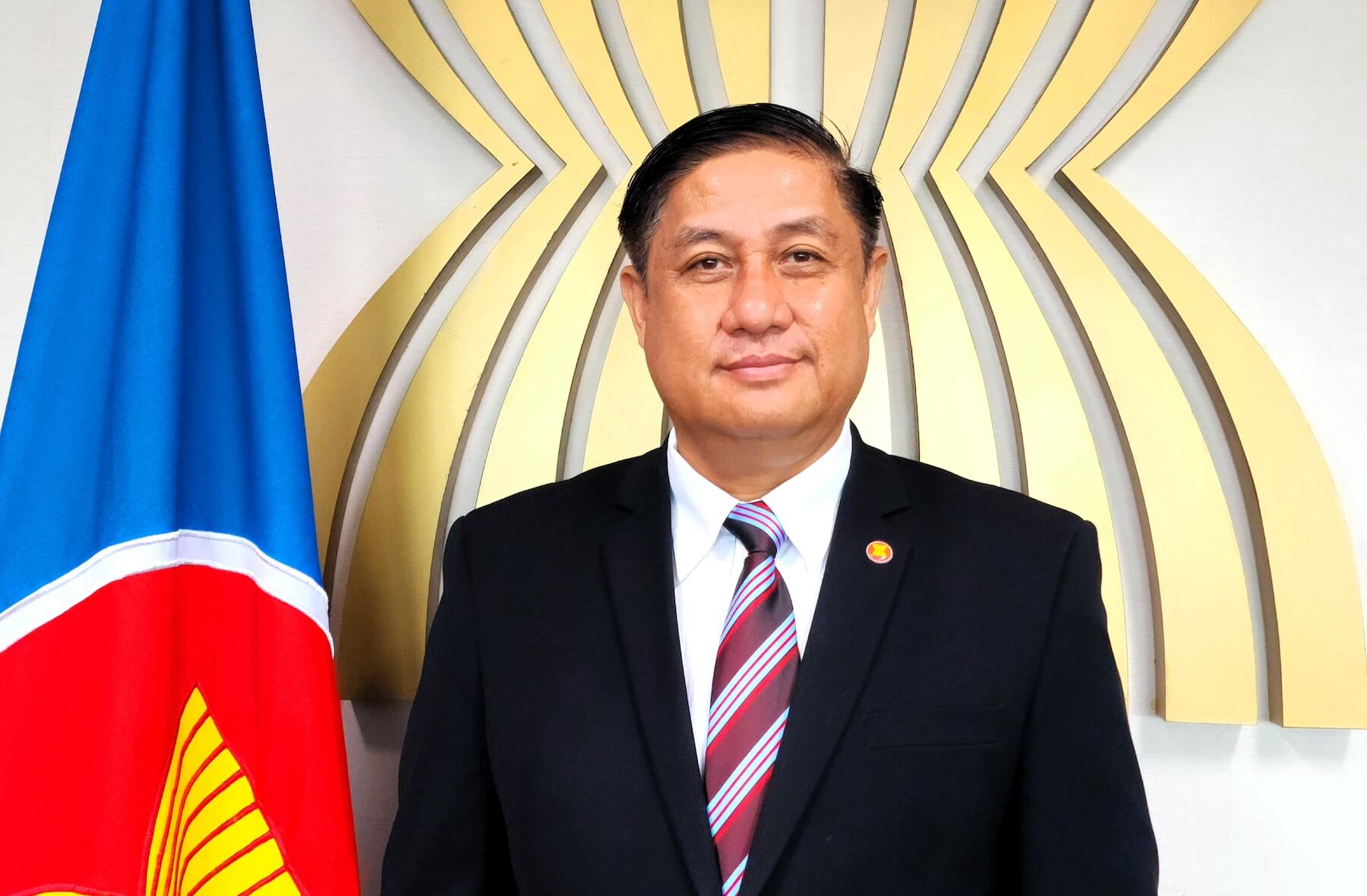



Rili Djohani has worked for over 30 years to protect marine ecosystems and coastal areas in Indonesia and Southeast Asia. Her journey in marine conservation began in 1989 when she established the World Wildlife Fund marine conservation programme in Indonesia. In 1995, she joined The Nature Conservancy and held several positions, including Indonesia country director and marine program director. Djohani, who studied tropical coastal zone management at the University of Newcastle-upon-Tyne, UK, and tropical marine ecology at the University of Leiden in The Netherlands, was part of the core team that established the multinational Coral Triangle Initiative for Coral Reefs, Fisheries and Food Security.
In 2010, Djohani co-founded Coral Triangle Center (CTC), a learning centre on coastal and marine resources management based in Bali, Indonesia. As CTC’s executive director, Djohani works to strengthen local leadership and capacity through an integrated portfolio of marine protected areas (MPA) learning sites, customized training programs and learning networks, and facilitation of public private partnerships in the Coral Triangle, the world’s epicenter of marine biodiversity.
“There have been many positive changes in marine conservation works in Indonesia now compared to 30 years ago when I just started. More NGOs focusing on marine conservation, people are more aware of this issue, and the government has also started to pay attention to marine conservation with the establishment of the Ministry of Maritime Affairs and Fisheries. But today, we face more challenges than before. Previously, the issues were mostly about unsustainable fishing practices, now we also have pollution, sea temperature rise, and ocean acidification, to name a few, that can disrupt the ecosystem and the function of the ocean itself.
“Marine biodiversity has important roles in the ecosystem. Indonesia has extraordinarily rich marine biodiversity due to its location in the Coral Triangle zone, and together with other countries in the Coral Triangle, they need to collaborate to protect this marine biodiversity. To effectively deal with the challenges, capacity building should be the main priority. CTC is established with this vision, focusing on practical training in marine conservation. We have 26 training syllabi, and everyone can participate in our classes, like government officials, diving operators, NGO workers, travellers, and local communities. We also organise field training in Nusa Penida MPAs and Banda Islands MPAs in Indonesia and other countries in the Coral Triangle.
“We are also working on the establishment of new MPAs in Indonesia and assisting the Indonesian government in reaching its target to set aside 10 per cent of its water to become MPAs by 2030. The progress of our works has been satisfying; the coverage of coral reefs is increasing, and local communities are working effectively together with local administrations to protect their coastal environment and marine ecosystem. The MPA status allows certain areas to get the necessary attention and infrastructure to protect biodiversity. As such, we don’t only get ecological benefits, but also social and economic.
“But it’s a long process to be where we are now. In Nusa Penida, for example, it took us two years to get the support of 16 villages before we could start the conservation works. At first, local communities rejected us because they felt our presence only limited their livelihood. Then we sat down together, held many rounds of discussions before we got on the same board. Dialogue plays a key role because the voices of local communities and local governments are important in developing conservation areas.
“ASEAN can take a leading role in addressing challenges to our oceans. I wish ASEAN can achieve the target to have protected coastal and marine areas as set by the Convention on Biological Diversity. I know not all ASEAN countries have oceans, but I hope ASEAN can have a network where they can cooperate in promoting sustainable tourism, and monitoring marine protected areas for the future.
“I love being underwater; the marine ecosystem always captivates me, and it feels so peaceful when I’m underwater. This sets a purpose for me to keep our ocean healthy for future generations because the ocean is very important for us. When I get older, I probably will teach or write on marine conservation. I don’t want to stop fighting for the ocean.”








